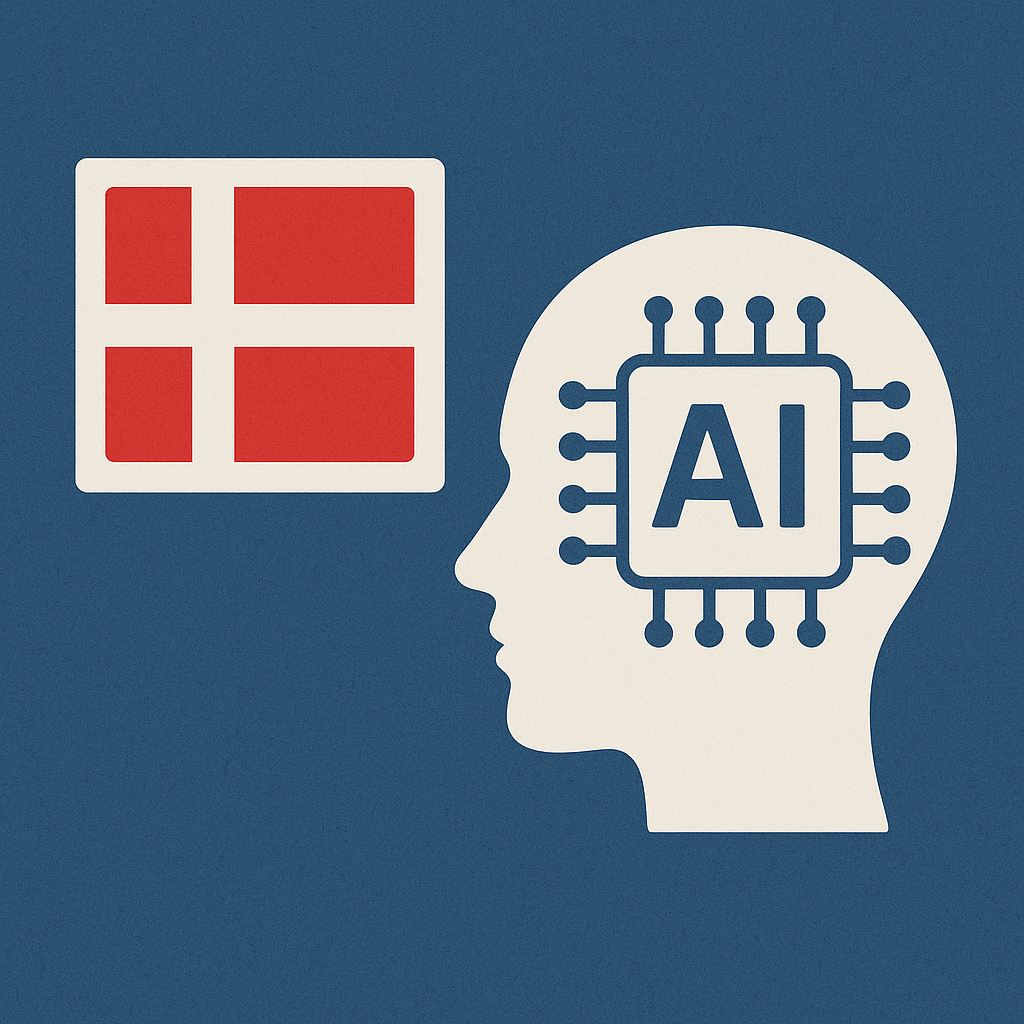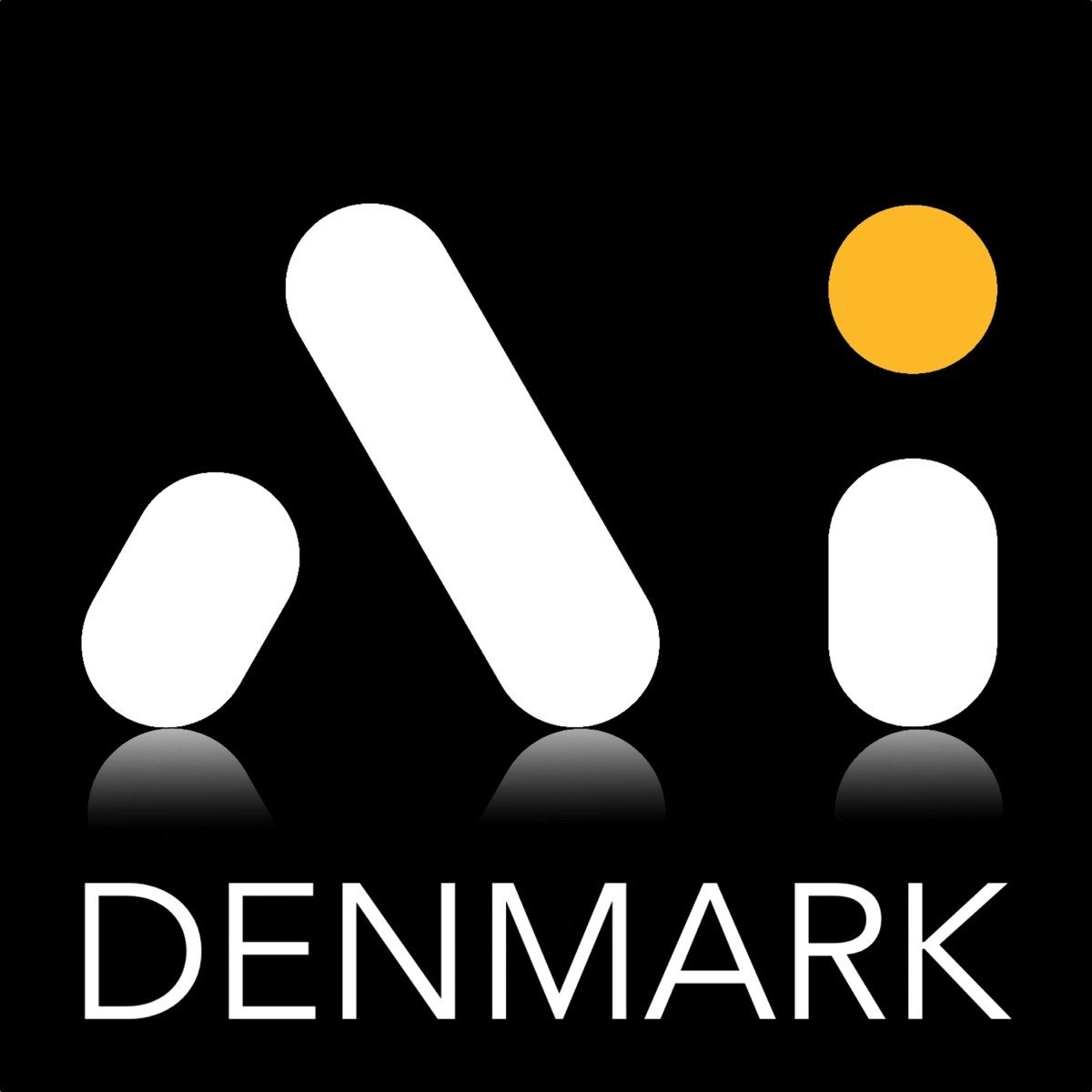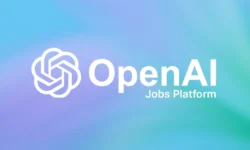AI in the Baccalaureate: Denmark Authorizes Generative AI in Oral Exams – Risks and Opportunities for Education
Introduction: The Rise of AI in the Baccalaureate

The debate around AI in the Baccalaureate reflects broader questions about technology’s role in assessment. In August 2025, Denmark announced a groundbreaking policy: starting in 2026, students will be allowed to use generative AI tools during the preparation phase of oral English baccalaureate exams. This decision has sparked global discussions about the future of AI in the Baccalaureate and its implications for education systems worldwide (AFP, 2025).
As the first country to formally integrate AI in the Baccalaureate, Denmark’s approach offers both opportunities and challenges. This article explores the potential benefits for learning, the risks to academic integrity, and the broader impact on global education.
AI in the Baccalaureate: Denmark’s Pioneering Policy
Denmark’s decision to integrate AI in the Baccalaureate marks a turning point for educational assessment. Starting in 2026, students will be permitted to use generative AI tools during the one-hour preparation phase of oral English exams. This policy, announced in August 2025, is the first of its kind and has sparked global discussions about the future of AI in the Baccalaureate (AFP, 2025).
The move reflects Denmark’s long-standing commitment to digital literacy. Since 2008, the country has allowed controlled internet use in exams, paving the way for today’s AI in the Baccalaureate initiative. However, this policy is not without controversy. While proponents argue it prepares students for an AI-driven workforce, skeptics warn of risks to academic integrity and skill development.
Key Features of Denmark’s Policy:
- Limited to Preparation: AI can only be used during the preparation hour, not during the oral presentation.
- Focus on English Exams: The policy currently applies only to oral English tests, with potential expansion to other subjects.
- Strict Monitoring: Schools will implement safeguards to prevent misuse, such as plagiarism checks and AI output verification.
Minister of Education Mattias Tesfaye stated, “We are launching these experiments to find the right balance. Our goal is to prepare students for a world where AI is ubiquitous, while ensuring they develop critical thinking and independent skills” (AFP, 2025).
Opportunities of AI in the Baccalaureate: Enhancing Learning
One of the most promising aspects of AI in the Baccalaureate is its potential to democratize access to high-quality educational support. Generative AI can act as a personal tutor, helping students with language barriers, learning disabilities, or gaps in knowledge. For example, AI tools can:
- Provide instant feedback on grammar, vocabulary, and pronunciation.
- Generate practice questions tailored to a student’s weak areas.
- Offer translations or simplifications for non-native speakers.
A 2024 study by the OECD found that AI-assisted learning improved student engagement by 30% in pilot programs, particularly for students with diverse learning needs (OECD, 2024). By integrating AI in the Baccalaureate, Denmark aims to leverage these benefits while maintaining rigorous academic standards.
Encouraging Critical Thinking and Creativity
Contrary to fears that AI in the Baccalaureate fosters laziness, Denmark’s policy frames AI as a tool for augmenting human creativity. Students must still:
- Analyze AI-generated content critically.
- Synthesize information into original arguments.
- Present their ideas coherently and persuasively.
Educators argue that this approach mirrors real-world scenarios, where professionals use AI to draft reports or brainstorm ideas but must ultimately defend their work (UNESCO, 2024).
Preparing Students for the AI-Driven Workforce
By 2025, 65% of jobs require basic AI literacy, according to the World Economic Forum (WEF, 2025). Denmark’s policy aligns education with labor market demands, ensuring students graduate with:
- Experience in using AI tools responsibly.
- Skills to evaluate AI outputs for accuracy and bias.
- Adaptability to rapidly evolving technologies.
Risks of AI in the Baccalaureate: Challenges to Address
1. Academic Integrity and Plagiarism
The most pressing concern about AI in the Baccalaureate is the potential for AI-generated plagiarism. While Denmark’s policy restricts AI to preparation, enforcement remains challenging. Issues include:
- Over-reliance on AI: Students may submit AI-generated answers with minimal personal input.
- Detection difficulties: Current plagiarism tools struggle to identify AI-assisted work, especially if students paraphrase outputs (Nature, 2025).
- Unequal access: Students with premium AI tools (e.g., GPT-5 or Claude 3) may gain an unfair advantage.
A 2025 survey by Turnitin revealed that 42% of educators reported an increase in suspected AI plagiarism since 2024 (Turnitin, 2025).
2. Erosion of Fundamental Skills
Critics warn that allowing AI in the Baccalaureate could undermine the development of core competencies, such as:
- Writing skills: Reduced practice in structuring arguments or crafting original prose.
- Research skills: Over-reliance on AI for information retrieval, bypassing critical evaluation of sources.
- Memory and recall: Diminished ability to retain knowledge when AI provides instant answers.
A Stanford University study found that students who used AI for essay writing showed a 20% decline in unaided writing proficiency over six months (Stanford, 2025).
3. Equity and the Digital Divide
Not all students have equal access to advanced AI tools. Denmark’s policy risks exacerbating inequalities between:
- Students from high-income vs. low-income families.
- Urban schools with robust tech infrastructure vs. rural schools.
- Native speakers vs. non-native speakers who may rely more heavily on AI for language support.
The UNICEF 2025 report highlights that 30% of students globally lack access to basic digital tools, raising concerns about fairness in AI in the Baccalaureate (UNICEF, 2025).
How AI in the Baccalaureate Could Reshape Global Education
Denmark’s decision is part of a broader trend. Several countries are experimenting with AI in the Baccalaureate and other high-stakes exams:
| Country | AI Policy in Exams | Status | Source |
|---|---|---|---|
| Denmark | AI allowed in oral exam preparation (English, 2026) | Confirmed | AFP (2025) |
| Finland | Pilot program for AI-assisted math exams (2025-2026) | Pilot | Helsinki Times (2025) |
| Singapore | AI tools permitted for take-home assignments | Limited | Straits Times (2025) |
| USA (California) | AI banned in standardized tests; allowed for practice | Restricted | EdSource (2025) |
Key Questions for Policymakers:
- How can AI in the Baccalaureate be integrated without compromising fairness?
- What safeguards are needed to preserve academic integrity?
- How should curricula adapt to emphasize AI literacy alongside traditional skills?
Expert Opinions on AI in the Baccalaureate
Supportive Views
“Denmark’s approach to AI in the Baccalaureate is a pragmatic step toward preparing students for an AI-augmented world. The key is to teach them how to use AI as a tool, not a crutch.”
Critical Views
“Allowing AI in the Baccalaureate risks turning education into a test of who can prompt-engineer best, rather than who understands the material. We need stricter guidelines.”
Recommendations for Implementing AI in the Baccalaureate
To maximize the benefits of AI in the Baccalaureate while mitigating risks, we recommend:
- Clear Guidelines: Define what constitutes acceptable AI use (e.g., brainstorming vs. generating final answers). Denmark’s restriction to preparation is a good model.
- Teacher Training: Equip educators with tools to detect AI misuse and integrate AI into pedagogy. Programs like TeachAI offer resources for this.
- Equitable Access: Provide school-funded AI tools to ensure all students benefit equally. Initiatives like Digital Promise can help bridge the digital divide.
- Assessment Reform: Shift from memorization-based exams to evaluations of critical thinking, creativity, and problem-solving—skills AI cannot easily replicate.
- Transparent AI Tools: Use AI platforms that log usage data (e.g., Education Copilot), allowing educators to monitor student work.
Conclusion: A Cautious Step Forward for AI in the Baccalaureate
Denmark’s decision to allow AI in the Baccalaureate is a bold experiment with global implications. While the policy offers exciting opportunities to enhance learning, foster creativity, and prepare students for the future, it also poses significant risks to academic integrity, skill development, and equity.
The success of this initiative will depend on careful implementation, robust safeguards, and ongoing evaluation. As other countries watch closely, Denmark’s experience with AI in the Baccalaureate could serve as a blueprint—or a cautionary tale—for the future of AI in education.
One thing is clear: AI in the Baccalaureate is here to stay, and education systems must adapt. The challenge is to do so in a way that empowers students without compromising the fundamentals of learning.





Reading this on Sept 4th – note for media students/teachers of the future …
(i) this article raises the problems of making sure that students can analyze AI-generated content critically and that teachers are aware of the difficulties of identifying AI-assisted work
(ii) both the expert quotes that are used on this page at the present time appear to be false and generated by AI
How much of this text has been generated by AI?!
I have been browsing online more than 3 hours today, yet I never found any fascinating article like yours. It is pretty value sufficient for me. Personally, if all webmasters and bloggers made good content as you did, the net will probably be a lot more helpful than ever before.
After study a few of the blog posts on your website now, and I truly like your way of blogging. I bookmarked it to my bookmark website list and will be checking back soon. Pls check out my web site as well and let me know what you think.